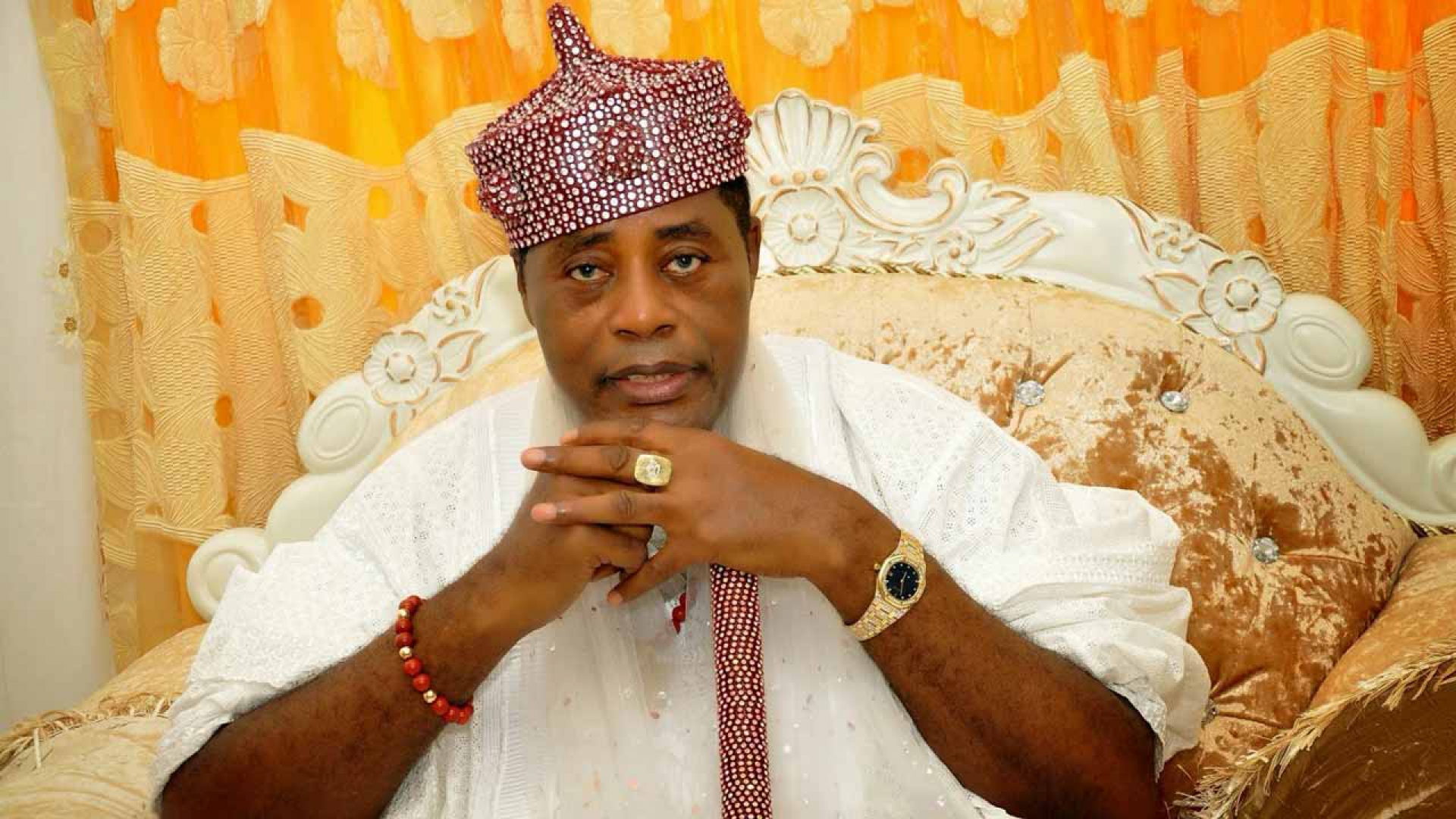The Richest King in Nigeria: Oba Fredrick Obateru Akinruntan and His Legacy
Nigeria is home to a rich tapestry of traditional kingdoms and royal families, each with its unique history, influence, and wealth. Among these, Oba Fredrick Obateru Akinruntan, the Olugbo of Ugbo Kingdom, stands out as the richest king in Nigeria. However, other royal figures also hold significant wealth and power. This article explores the wealth and influence of Nigeria’s richest king and provides a rundown of other notable royal figures, highlighting the differences between their respective royal families.
Oba Fredrick Obateru Akinruntan: The Richest King in Nigeria
Oba Fredrick Obateru Akinruntan, the Olugbo of Ugbo Kingdom in Ondo State, is widely recognized as the richest king in Nigeria. With an estimated net worth of around $300 million, he has built a vast business empire that includes Obat Oil, one of Nigeria’s largest privately-owned oil companies. Oba Akinruntan’s wealth extends beyond the oil sector, with investments in real estate, retail, and other industries. His business acumen and successful ventures have solidified his position as a leading figure in Nigeria’s traditional hierarchy.
Other Notable Royal Figures in Nigeria
While Oba Akinruntan holds the title of the richest king, several other royal figures in Nigeria are also known for their wealth, influence, and contributions to their communities:
1. Oba Adeyeye Enitan Ogunwusi, Ooni of Ife
- Background: The Ooni of Ife is considered one of the most influential traditional rulers in Nigeria. As the spiritual leader of the Yoruba people, Oba Adeyeye Ogunwusi holds a significant cultural and religious role. He ascended to the throne in 2015 and has since been active in promoting peace, cultural heritage, and youth empowerment.
- Wealth and Influence: Before becoming the Ooni, Oba Ogunwusi was a successful real estate developer with investments in various sectors. His wealth is substantial, though not as high as Oba Akinruntan’s, and he is known for his philanthropy and commitment to development in Ife and beyond.
2. Sultan Muhammadu Sa’ad Abubakar III, Sultan of Sokoto
- Background: The Sultan of Sokoto is the spiritual leader of Nigeria’s Muslim community and holds a position of immense respect and authority. The Sultanate of Sokoto has a rich history dating back to the early 19th century, and the Sultan is seen as a key figure in both religious and political matters in Northern Nigeria.
- Wealth and Influence: The Sultanate’s influence extends across the Islamic world, and while the Sultan may not be as openly wealthy as other monarchs, his power and influence are unmatched in Northern Nigeria. The Sultan plays a crucial role in interfaith dialogue and peacebuilding efforts.
3. Oba Ewuare II, Oba of Benin
- Background: The Oba of Benin is one of the most respected traditional rulers in Nigeria, with a lineage that dates back to the 12th century. Oba Ewuare II ascended the throne in 2016 and is known for his efforts to restore and preserve the cultural heritage of the Benin Kingdom.
- Wealth and Influence: The Benin Kingdom is historically wealthy, with significant influence in arts, culture, and trade. Oba Ewuare II continues to build on this legacy, although his personal wealth is more modest compared to other monarchs like Oba Akinruntan.
4. Alhaji Ado Bayero, Emir of Kano
- Background: The Emir of Kano is one of the most prominent traditional rulers in Northern Nigeria. The Kano Emirate has a long history of political and economic influence in the region. Alhaji Ado Bayero, who passed away in 2014, was succeeded by his son, Emir Muhammadu Sanusi II, and later by Aminu Ado Bayero, who currently reigns.
- Wealth and Influence: The Emirate has historically been wealthy due to its involvement in trade and commerce. The current Emir, Aminu Ado Bayero, continues to wield significant influence in Kano State and beyond.
Differences Between Nigeria’s Royal Families
The wealth and influence of Nigeria’s royal families vary significantly depending on several factors:
- Historical Legacy: Some royal families, like the Benin Kingdom and the Sokoto Caliphate, have a long history that contributes to their prestige and influence.
- Economic Ventures: Kings like Oba Akinruntan have built vast personal fortunes through business ventures, while others, such as the Sultan of Sokoto, derive their influence more from spiritual and political power than from personal wealth.
- Cultural and Religious Influence: Monarchs like the Ooni of Ife and the Sultan of Sokoto play crucial roles in the cultural and religious lives of their people, which often translates into significant social influence.
Conclusion
Oba Fredrick Obateru Akinruntan’s status as the richest king in Nigeria is a testament to his business acumen and leadership. However, Nigeria’s royal landscape is diverse, with each monarch bringing their unique influence and legacy to the table. From the spiritual leadership of the Sultan of Sokoto to the cultural heritage of the Benin Kingdom, Nigeria’s royal families continue to play vital roles in the nation’s social, cultural, and economic life.
At Wigmore Trading, we appreciate the rich history and influence of Nigeria’s royal families and offer insights into how these traditional institutions continue to shape modern Nigeria.
Get in Touch:
Interested in learning more about Nigeria’s royal families and their impact on society? Contact Wigmore Trading today for in-depth discussions and insights into Nigeria’s cultural heritage and its intersection with modern business and governance.







Comments are closed.